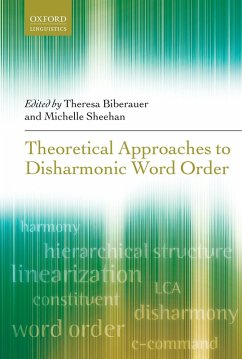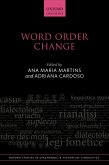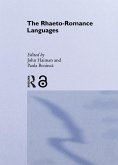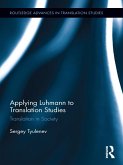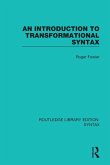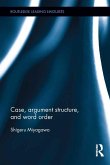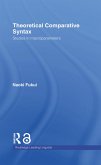This book considers the implications of cross-linguistic word-order patterns for linguistic theory. One of the salient results of Joseph Greenberg's pioneering work in language typology was the notion of a 'harmonic' word-order type, whereby if the verb appears at the left or right edge of the verb phrase, other heads (e.g. prepositions, nouns) also tend to do so. Today, however, there is recognition in both the typological and generative literature that very many, and possibly even the majority of languages, fail to be fully harmonic in the sense that all head-complement pairs pattern alike. But does this imply limitless variation? The chapters in this volume, written by international scholars, discuss the issues arising from this basic question, drawing on data from typologically distinct disharmonic languages, including Mandarin Chinese, Basque, Mócheno (a Tyrolean variety spoken in Northern Italy), French, English, Hixkaryana (a Cariban language), Khalkha Mongolian, Uyghur Turkic, and Afrikaans. The volume begins with a substantial introduction to the study of word order and its relation to linguistic theory. It is then divided into sections on the nature of disharmony; the role of prosody; the question of Antisymmetry and novel alternatives to Antisymmetry; and the Final-over-Final Constraint. Aside from introducing new empirical findings, the volume also offers a range of new perspectives on disharmonic word orders, the status of word order in linguistic theory, and theoretical accounts of typological gaps.
Dieser Download kann aus rechtlichen Gründen nur mit Rechnungsadresse in A, B, BG, CY, CZ, D, DK, EW, E, FIN, F, GR, HR, H, IRL, I, LT, L, LR, M, NL, PL, P, R, S, SLO, SK ausgeliefert werden.

